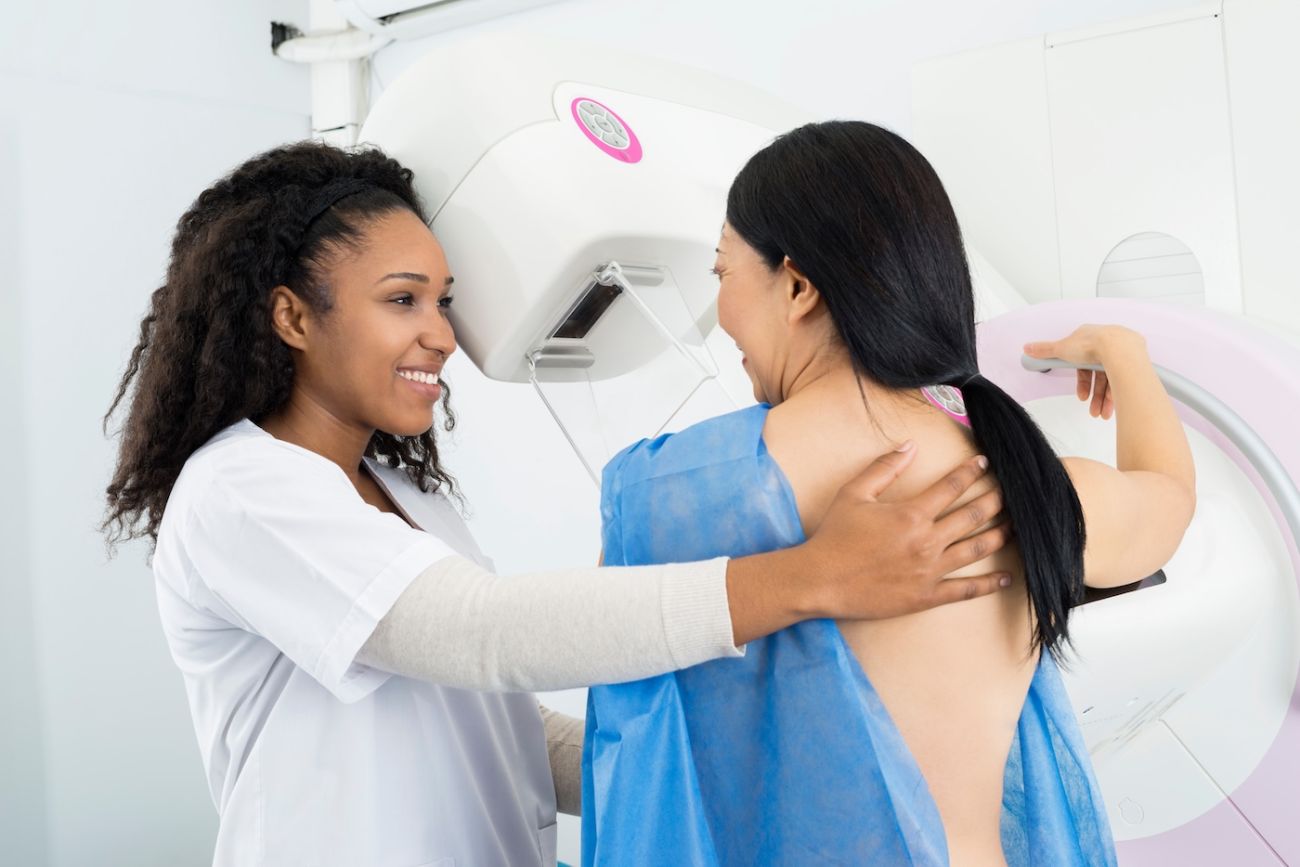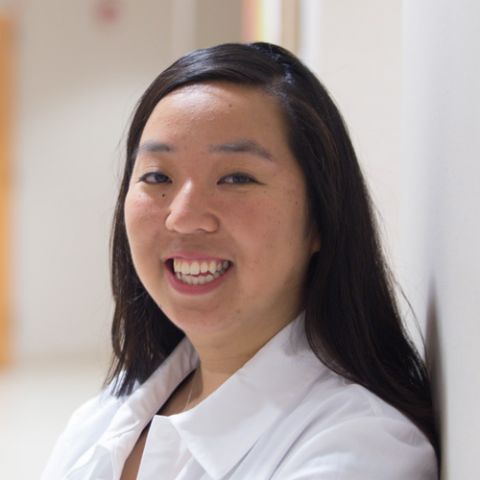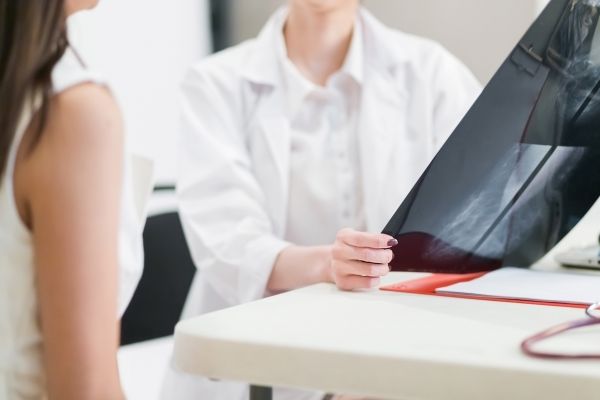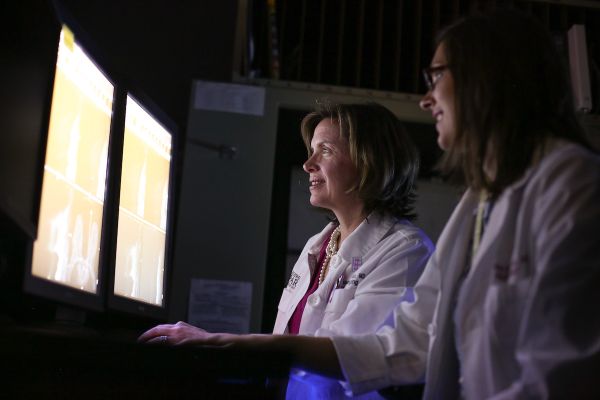Many factors come into play when determining your breast cancer risk. It’s important to understand which ones affect you.
While all women should begin screening for breast cancer at the age of 40, those who are at high risk for breast cancer may benefit from earlier or enhanced screening, as well as preventive options.
“I should say that most women are at normal risk for breast cancer,” says Jessica Young, MD, FACS, Director of the Breast Cancer Risk Assessment and Prevention Program at Roswell Park Comprehensive Cancer Center. “But there are a lot of different things that can increase your risk.”
For example, smoking, drinking alcohol, and being overweight or obese increase risk for breast cancer. Having dense breast tissue and your menstrual history, such as starting your period before age 12, and menopause after age 55 play a role too. Your reproductive history, such as not having children, a first pregnancy after age 30, or not breastfeeding can also contribute to your breast cancer risk.
However, when it comes to identifying whether you face high risk for breast cancer, your family history and genetic factors are strong indicators.
Factors that may indicate a high risk for breast cancer :
- Breast cancer diagnosis among your parents, siblings or at least two close relatives
- A diagnosis of ovarian cancer in your family
- Multiple cancer diagnoses within your family
- A relative diagnosed with breast cancer before menopause
- A mutation of any of the following genes: BRCA1, BRCA2, TP53, PTEN, PALB2, ATM, CHEK-2
- Neurofibromatosis (NF-1)
- A history of abnormal breast biopsies
- Radiation treatment to the chest as a child, teen or young adult
How does my screening change if I’m at high risk for breast cancer?
Roswell Park’s High Risk Breast Cancer Program gives access to the most advanced screening, surveillance and diagnostic methods to any person who faces a higher risk of developing breast cancer in their lifetime.
“If you are at higher risk for breast cancer, we can help figure out if you need genetic testing and we can arrange for increased screening,” says Dr. Young. In addition to a mammogram once a year, an MRI would be added as an additional level of screening. “These two screenings together are really great at finding breast cancers, especially at an early stage.”
The benefits to being screened at a comprehensive cancer center are most evident when it comes to high-risk detection:
- Genetic counseling and testing
- Coordination with screening services for other cancers you may be at risk for developing.
- Preventive options to reduce your breast cancer risk
- Seamless transition into our breast cancer clinic if you do develop breast cancer
- Access to fertility preservation and breast reconstruction
Get an assessment
If you think you may be at high risk for developing breast cancer, check your risk levels and request an appointment with our High Risk Breast Cancer Program.




